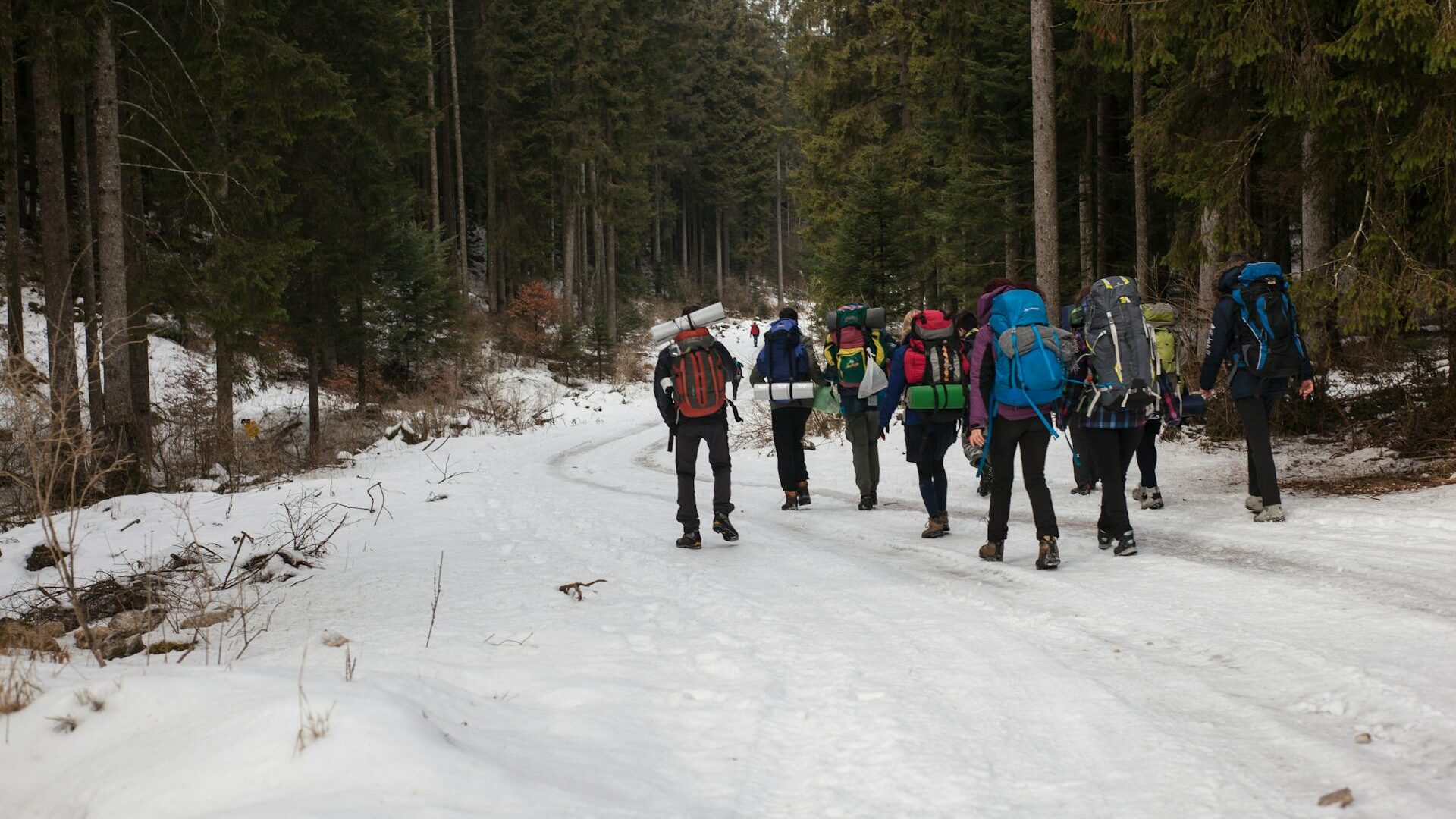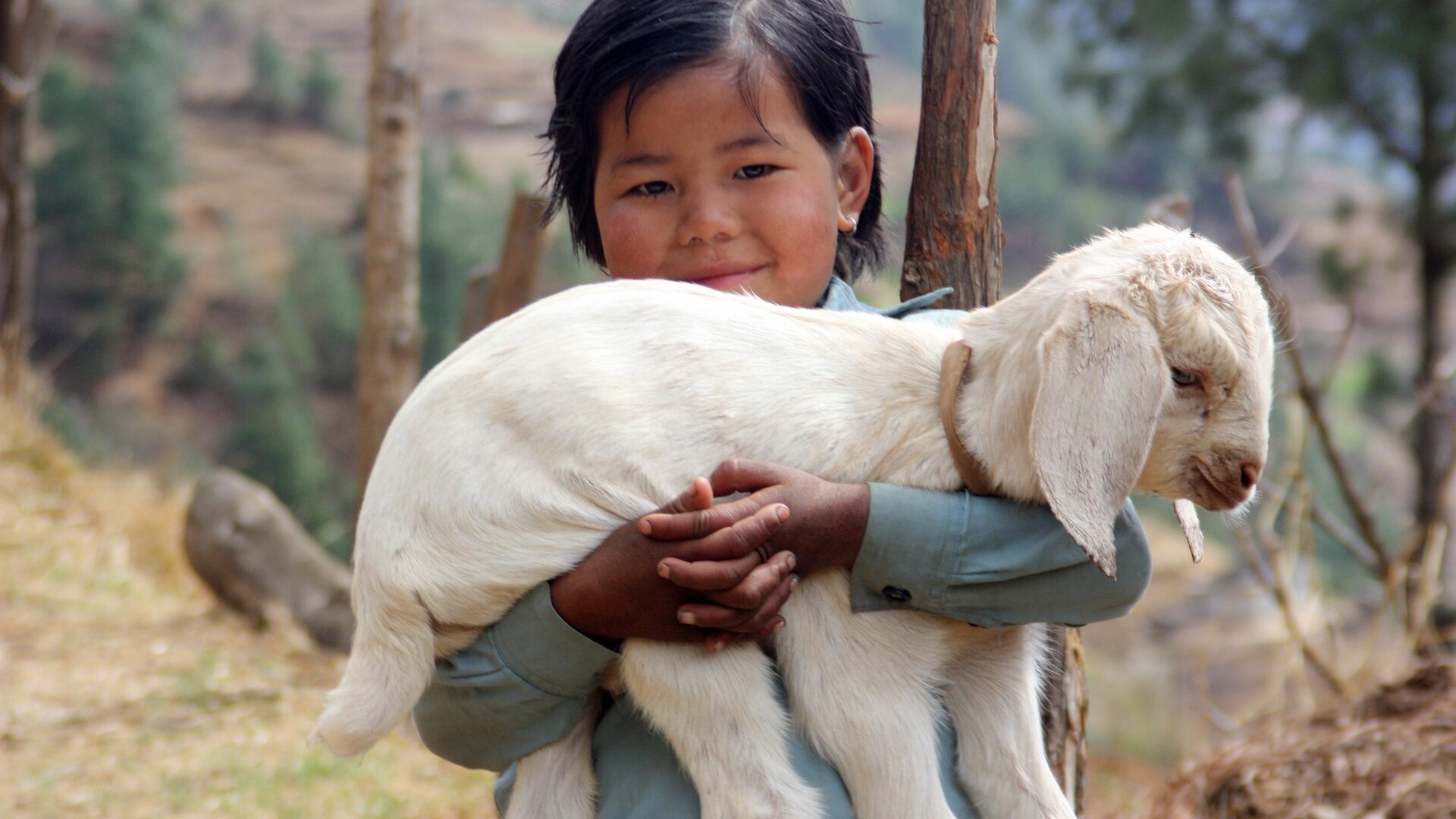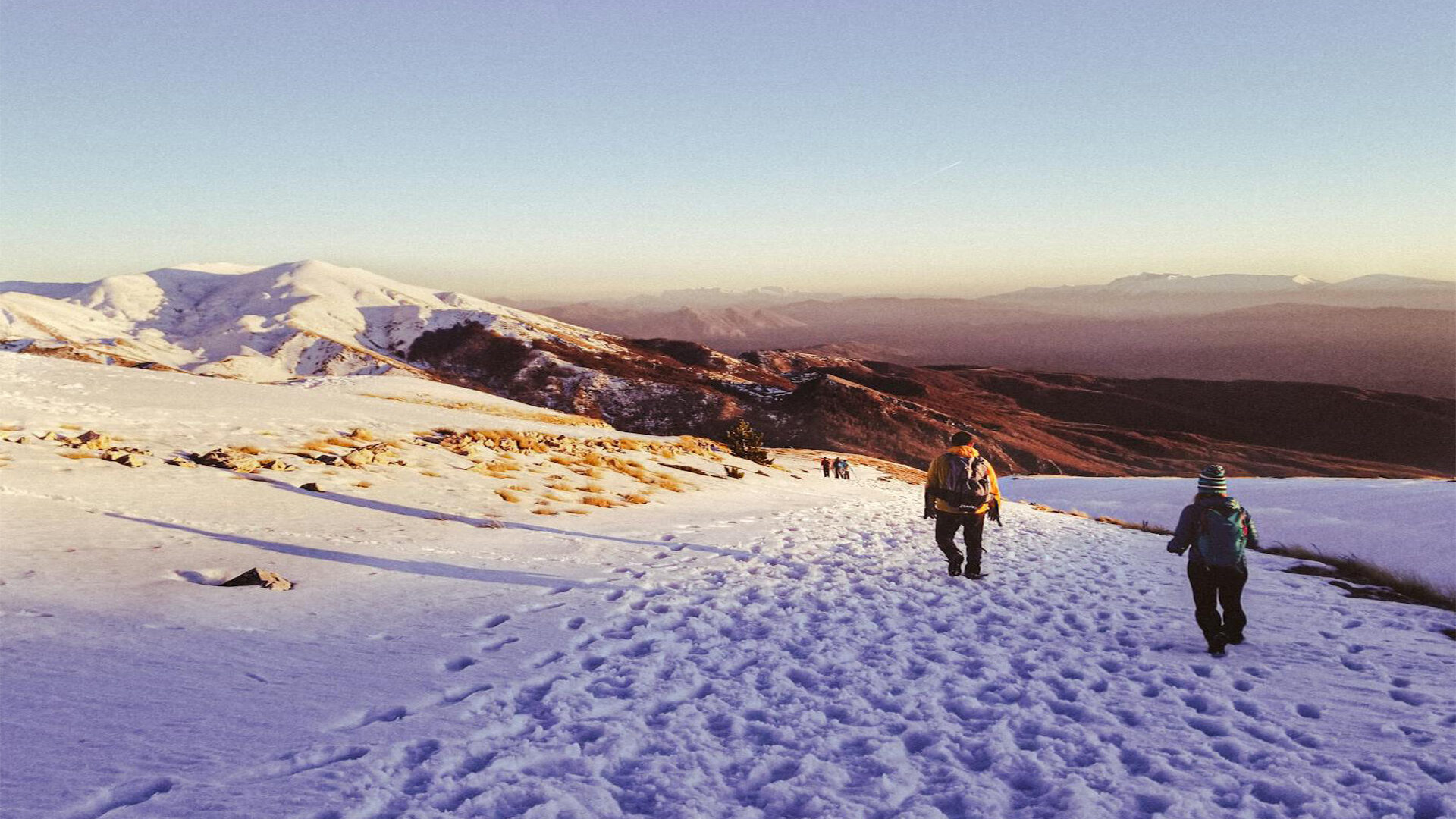
Sherpani Col Pass Trek

Sherpani Col Pass Trek

Destination
Nepal
Regions
It touches both sides of the famous trek Everest Base Camp and Makalu Baswe Camp
Activity
Trekking
Accomodation
Tea House/Camping
Transportation
Flight/Drive
Duration
20 Days
Trip Grade
Moderate/Challenging
Altitude
The highest point of the trek, Sherpani Col Pass, is at an altitude of over 6,100 meters (20,000 feet)
Best Season
Spring ( March to May) and Autumn (September to October)
Start/End Point
Starts and ends in Lukla
| Destination | Region | Activity | Accomodation | Transportation |
|---|---|---|---|---|
| Nepal | It touches both sides of the famous trek Everest Base Camp and Makalu Baswe Camp | Trekking | Tea House/Camping | Flight/Drive |
| Duration | Trip Grade | Altitude | Best Season | Start/End Point |
| 20 Days | Moderate/Challenging | The highest point of the trek, Sherpani Col Pass, is at an altitude of over 6,100 meters (20,000 feet) | Spring ( March to May) and Autumn (September to October) | Starts and ends in Lukla |
The Sherpani Col Pass trek is a challenging and remote trekking route in the Everest region of Nepal. It’s known for its stunning views of some of the world’s highest peaks, including Mount Everest, Lhotse, and Makalu. The trek involves crossing high passes, including the Sherpani Col pass, which is at an altitude of over 6,100 meters (20,000 feet). Due to the technical nature of the pass and the remote and rugged terrain, this trek is recommended only for experienced trekkers with mountaineering skills.
Copyright 2024 Earth Matter Treks & Expedition Nepal. All rights reserved.